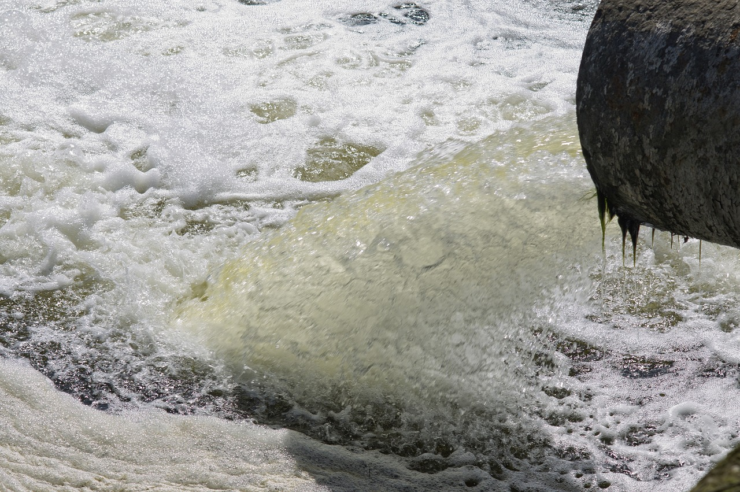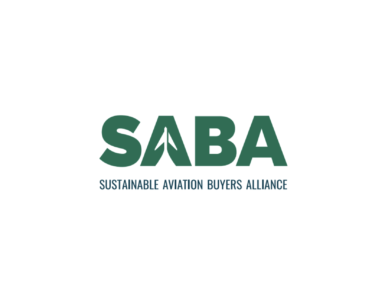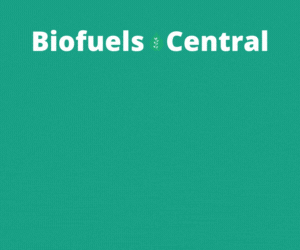Poo-powered planes for Wizz: new factory will make sustainable aviation fuel from sewage.
A new factory to be built in Essex, England, proposes to combat two of the country’s big sustainability problems: water company river pollution and the climate impact from aviation fuel.
Some readers will already see where this is going.
Firefly, a biofuel company, has struck a deal to source ‘bio-solids’ from local utility company Anglian Water and another agreement to supply Wizz Air Holdings PLC (AIM:WIZZ) with sustainable air fuel.
🔥 What about we co-host a webinar? Let's educate, captivate, and convert the biofuels economy!
Biofuels Central is the global go-to online magazine for the biofuel market, we can help you host impactful webinars that become a global reference on your topic and are an evergreen source of leads. Click here to request more details
It said a pilot plant planned near the town of Harwich will be the first factory in the world to convert human waste to sustainable aviation fuel at a commercial scale, with a deal to supply Wizz Air up to 525,000 tonnes of fuel over 15 years.
Anglian Water will provide biosolids from treated wastewater. SAF is made from sustainable sources meaning its production involves using about 70% less carbon than conventional jet fuel.
Firefly said the UK creates enough biosolids for more than 200,000 tonnes of sustainable air fuel, enough to satisfy about half of the mandated demand in 2030.
Wizz Air has also pledged to invest in Firefly, saying it has the potential to reduce the airline’s lifecycle emissions by 100,000 tonnes CO2 equivalent per year.
The airline said:
We call on policymakers to address barriers to Saf deployment at scale by incentivising production, providing price support, and embracing additional sustainable feedstocks for biofuel production.
But it said a significant ramp-up of Saf production and deployment is needed, with the government needing to incentivise production, provide price support and embrace additional sustainable feedstocks for biofuel production.
Westminster has called for at least 10% of fuel used by airlines in the UK to be made from sustainable feedstocks by 2030.
Firefly uses a process called hydrothermal liquefaction (HTL) that transforms sewage sludge and other wet biogenic materials into bio-crude.
To make SAF, it can be used in a maximum blend of 50% with kerosene without needing to modify aircraft engines.
It says this significantly reduces production costs and potentially allows SAF to compete with conventional jet fuel prices.
Independent analysis by Cranfield University shows that the process cuts carbon emissions by over 90% compared to fossil jet fuel, with a carbon intensity of just 7.97 g CO²e/MJ, while also producing biochar useful for carbon sequestration.
The startup says it is scalable globally, as the method meets the rising international demand for SAF, supported by national and international mandates that stabilize the market and incentivize production expansion.
Poo-powered planes for Wizz: new factory will make sustainable fuel from sewage, April 11, 2024








